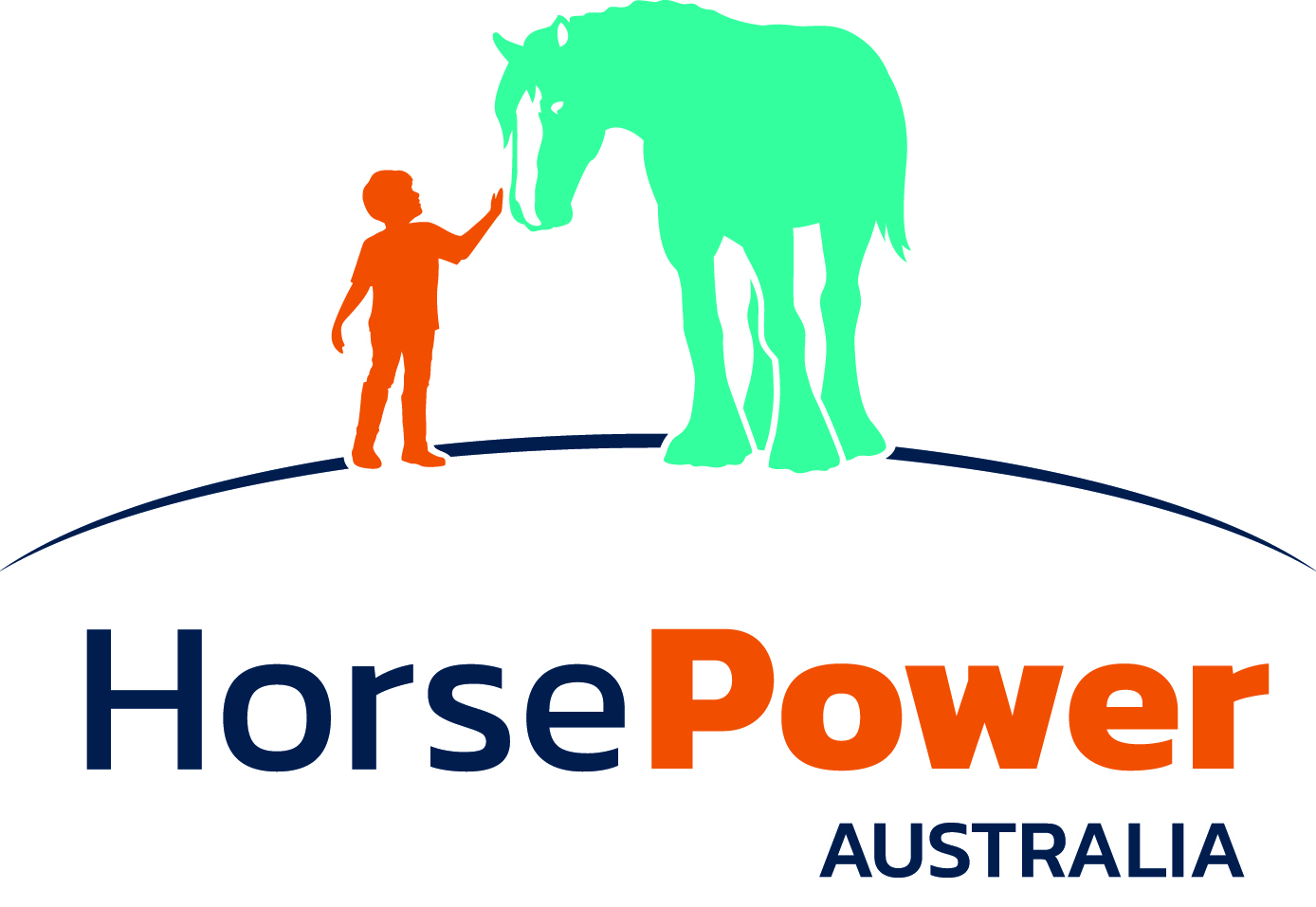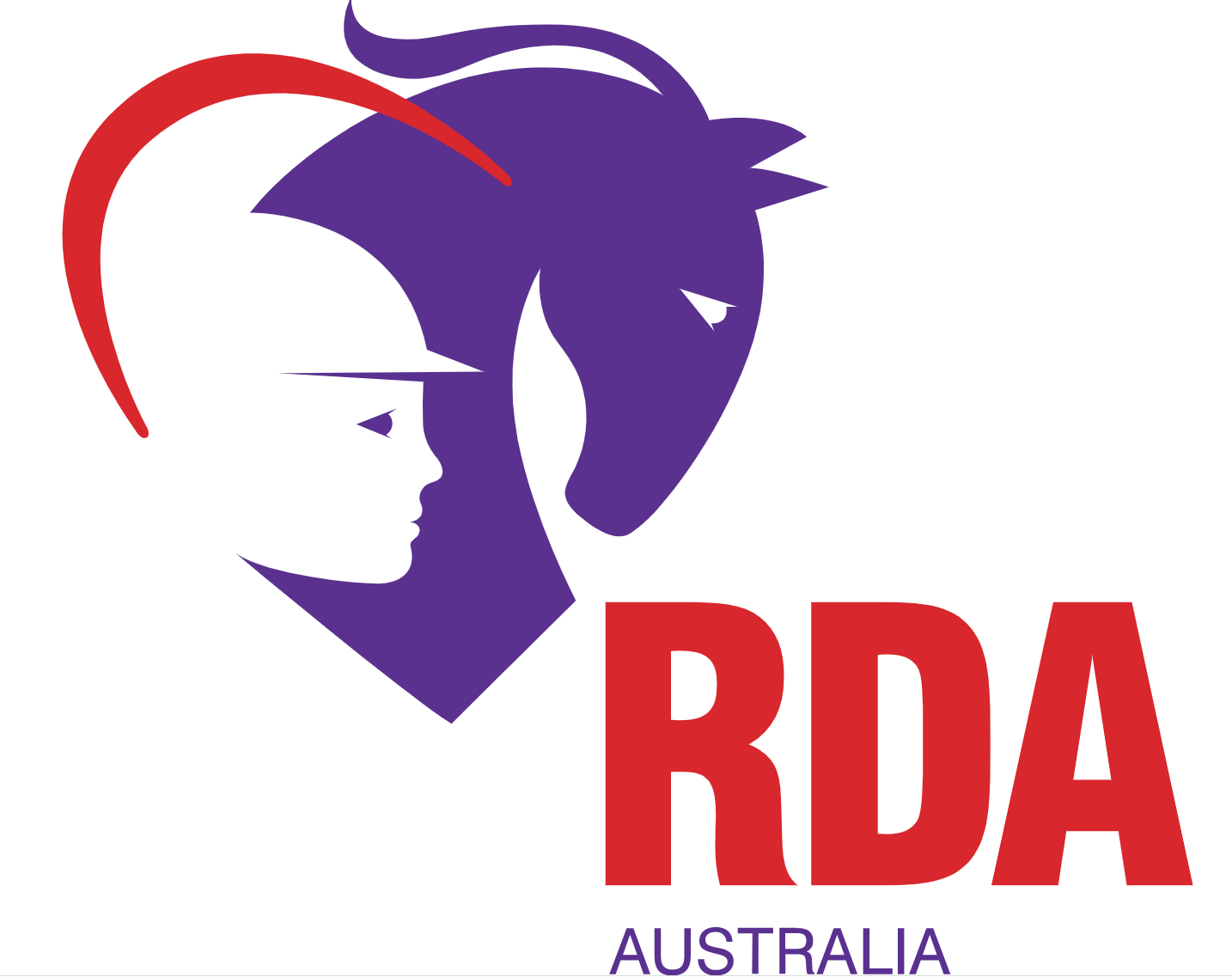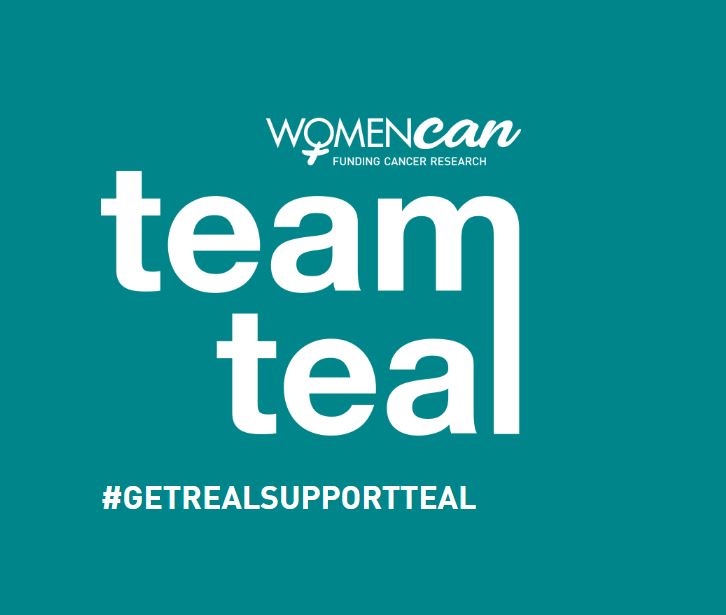Racing Careers
CHASE YOUR DREAMS IN THE RACING INDUSTRY
Become part of an exciting sporting industry that has a vast variety of career opportunities available. Not everyone realises how many jobs and what exciting careers are available working in the Racing Industry, one of Australia’s largest industries.
From being a jockey or harness driver to race day staff or trainer, harness your potential and find out how you can chase your dreams in the racing industry with a role across one of our three codes.
If you would like to find out further information about working in a racing training stable, training courses available in Western Australia, or Licensing requirements, please contact:
Racing Industry Training
Email: training.account@rwwa.com.au
THOROUGHBREDS
Become part of an industry that has a vast variety of career opportunities available. From those who enjoy the challenge of introducing a yearling to the world of racing as a horse breaker, to those who want to work behind the scenes and work with the horses day to day to ensure they perform their best at the track, or for those who want to enjoy the thrill and adrenaline rush of controlling a 500kg animal galloping at speeds of up to 70km/h in a race – there is something to suit everyone!
The 2014/15 IER Economic and Social Impact Report for the Western Australian racing industry, identified thoroughbred racing as the third highest attended sport in Western Australia behind AFL Football and motor racing.
Dating back to the 1700’s, horse racing has become an important part of the economic and social fabric across the world, with major events such as Royal Ascot, the Melbourne Cup and the Kentucky Derby – all attracting global attention each year!
Below is an overview of the most common types of careers available in thoroughbred racing.
Jockey
Jockeys are people who are licensed to ride horses in races.
Being a jockey can be a tough but rewarding career. Size, fitness and skill are all important factors in becoming a jockey, as is a love of horses and a desire to win! Jockeys enjoy working with horses, have a light build, are athletic with a good sense of balance, have steady nerves and a fierce competitive streak.
Jockeys must be licenced to work. This licence can be obtained from the specific State Principle Racing Authority. To become a jockey in WA, you have to complete an apprenticeship with RWWA.
Apprentice Jockey Training Program (AJTP)
The AJTP is a 4 year, full-time apprenticeship program that needs to be completed in order to become a jockey. The program has strict entry requirements and is designed to develop high-performance athletes for an international career in racing. RWWA partners with a Registered Training Organisation (RTO ID 22215) to deliver National Recognised Training for the apprenticeship where graduates gain formal qualifications as part of their studies.
Apprentices have access to the following benefits, specialists and services throughout the program:
- One-on-one coaching with apprentice jockey coach’s
- On the job training from a nominated race horse trainer
- Education and training classes to support their studies
- Ongoing professional growth and development opportunities
- 24/7 support from the Racing Training team
- Access to jockey wellbeing assistance program (third party registered sports psychologist)
- Jockey sports doctor
- Nutrition, health and fitness support
- Racing riding, performance analysis
- Media, finance and business skills
- Income from riding in races plus 5% of any prize money earnt
RWWA holds intakes annually. Please contact training.account@rwwa.com.au for more information.
Thoroughbred Trainer
- RGR40118 – Certificate IV in Racing (Racehorse Trainer)
- RGR50118 – Diploma of Racing (Racehorse Trainer)
Trackrider
A trackrider helps exercise a racehorse by walking, trotting and galloping it under the instruction of the horse’s trainer in preparation for races. Trackriders are similar to jockeys, however do not ride in races and don’t have to be as light as a jockey. Many trackriders are employed by trainers, although many are freelance and ride for a number of different trainers each day and get paid per horse they ride.
There is a real need for Trackriders in Western Australia in both regional and metropolitan areas of the State, with many trainers seeking people with riding experience to ride trackwork. Experienced trackriders are able to travel throughout Australia and gain work wherever there is a race track.
Racing and Wagering WA (RWWA) in partnership with a Registered Training Organisation (RTO ID 22215) has recently implemented a new industry initiative training program.
The Trackwork Rider Training Program for industry participants gives existing workers the opportunity to complete Nationally Accredited Training, refine their current skills and knowledge in their occupation and provides a pathway to the RWWA Apprentice Jockey Training Program (AJTP). However, participants can complete the program even if they do not wish to apply for an apprenticeship as a jockey.
Please see Information Brochure below:
Intake occur annually into the Trackwork Rider Training Program. The next intake will be Nov 2024.
For more information contact training.account@rwwa.com.au
Foreman
- RGR20221 – Certificate II in Racing Industry
For more information on courses visit Department of Education and Training’s website.
Stablehand
- RGR20221 – Certificate II in Racing Industry
For more information on courses visit Department of Education and Training’s website.
Horse Breaker / Educator
Horse educators are experienced horsemen and horsewomen who are experts in training and educating young horses, to prepare them for racing. They have a good understanding of how horses learn and are very experienced riders. There is no qualification for this role, learning on the job, assisting an experienced horse educator is the ideal way to move into this role.
STANDARDBREDS
The Western Australian harness racing industry has a rich history and is the birthplace of the Inter Dominion, which is the pinnacle of the Australian harness racing calendar, often referred to as the ‘Melbourne Cup’ of harness.
Harness racing industry is unique in that many racing participants both drive and train racehorses.
All people working in a racing training stable in Western Australia must be registered or licensed with Racing and Wagering Western Australia.
Harness Driver
Harness Race Drivers are independent professional sportspersons. They require a high level of skill to drive a two wheeled sulky whilst being pulled by a horse around a trotting track. Harness Drivers also need to have a thorough knowledge of the rules of racing.
To become a Harness Driver, you need to be fit and have the ideal weight of up to 80kg. You need to be working in a harness stable for at least 6 months and be able to drive pacing horses in trackwork. It is then necessary to apply for a C Grade licence – this licence permits a driver to drive in trials.
As a new driver, you will have the guidance from a harness coach and be given educational theory to help you development your knowledge and skill while gaining more experience. All trials are monitored and depending on your commitment, when your driving and competency improves, you can request to have an assessment prior to applying for a B Grade Licence, which permits you to drive in country races. Eventually as your experience (and wins) grows you will be able to move to an A Grade Licence which allows you to drive in metro areas.
Harness Drivers are usually self employed and many undertake this profession as a part-time career.
Horse Trainer
Being a harness trainer is about knowing a horse’s abilities and strengths, its health and fitness, its character and special needs to train them to become elite equine athletes.
Becoming a harness trainer requires a lot of prior experience and knowledge gained from years of working with horses and in pacing training stables. The majority of harness trainers have their own stables and are self-employed with a minority being employed as a “private” trainer by people who own a large number of horses and have their own private facilities.
Harness trainers gain their experience working in stables under experienced trainers, often as stablehands, trackwork drivers or race drivers. Often they will be race drivers for a number of years prior to applying for a trainer’s license.
To become a trainer you need to have first been licensed as a stable hand or driver, and worked in the industry for at least six months to gain the appropriate knowledge to train a horse. Once you apply for a trainers licence you are required to complete a written test to show that you have the necessary knowledge of general horse care, training and gear, and the rules of racing. You will also be interviewed by a RWWA steward and will need to provide references from industry participants.
Once approved you would be licensed as a Trainer B, which allows you to train horses that you or a family member own, or partly own. After holding a Trainer B Licence you are able to apply to be upgraded to a Trainer A, which allows you to train horses that are not owned by yourself or family members.
Training is a highly competitive area of work and can be very rewarding. However, not everyone enjoys a high rate of success.
Horse Breaker / Educator
Horse educators are experienced horsemen and horsewomen who are experts in training and educating young horses, to prepare them for racing. They have a good understanding of how horses learn and are very experienced harness drivers. There is no qualification for this role, learning on the job, assisting an experienced horse educator is the ideal way to move into this role.
Stablehand
A stablehand is a person who attends and grooms racehorses. In a racing stable, a stablehand may be responsible for caring for a number of horses at any one time. Duties include grooming, feeding, cleaning and tidying horse boxes/yards, gearing up for trackwork and attending races. Duties at the races include looking after the horse whilst at the races, ensuring they’re safe and remain calm.
There are full and part-time stablehand positions available. Many people enter stables with no formal training and learn on the job.
Most careers in racing start with a period of working as a stablehand to gain the skills and knowledge required to work with racehorses.
For more information on courses visit Department of Education and Training’s website.
GREYHOUNDS
You may have a dog in your backyard that chases after the odd stick or tennis ball, but have you ever seen them hit speeds of 65 kilometres per hour?
That’s the speed greyhounds clock up during their races and if you have ever contemplated a career in greyhound racing this will outline some of the possibilities.
Like all businesses, greyhound racing has a broad range of career opportunities, both part-time and full-time.
Trainers
Most greyhound trainers commence their involvement as a hobby and develop their skills, with many of them making the transition from part-time to full-time once they are established with regular winners.
In order to become a trainer you must pass both a written exam as well as a practical test to show you have the knowledge and experience required to prepare greyhounds for racing. In addition to passing the written and practical tests you must have suitable kennelling facilities for your greyhounds, either at your home, property or at a rented facility.
Kennel Hand
A kennel hand is a person who attends and cares for greyhounds at a trainers kennels. A kennel hand may be responsible for caring for a number of greyhounds at any one time. Duties include grooming, feeding, cleaning and tidying kennels and yards, walking and exercising greyhounds and attending races.
Kennel Staff
At every greyhound race meeting, all of the greyhounds are checked by the race day vet and then taken to an air-conditioned kennel where they stay secure until it is time to get ready for their race.
Kennel staff facilitate this process by weighing greyhounds and recording their details, distributing stretch vests and kennel cards, assisting stewards and the vet where applicable and maintaining cleanliness in the kennel block.
There are approximately six kennel staff employed at each race meeting and all of them are employed on a casual or part-time basis.
No experience is required to become a part of the kennel staff.
Breakers
Getting the greyhound used to chasing the mechanical lure usually starts around 14 months of age, and is referred to ‘breaking in’. Breakers are responsible for the breaking-in process, which can take anywhere between 2-6 weeks. Greyhounds also need to be taught how to enter and come out of the starting boxes.
The appropriate licence must be obtained through RWWA in order to become a breaker.
Catcher
After the running of each race, the greyhounds stop in an area called the catching pen. Once they reach the catching pen they are greeted by a catcher who puts a collar and lead on them and escorts them off the track into the kennels.
Many young people work as greyhound catchers and it’s a great way to learn about greyhound racing and to get to know trainers who may offer full or part time employment
You have to be an approved catcher in order to complete this task.
Lure Driver
In greyhound racing there is a mechanical lure which travels ahead of the greyhounds on a rail until the greyhounds cross the finish line.
The person who drives the lure known as the ‘lure driver’ sits above the track and is instructed to keep the lure within clear sight of the leading greyhound.
This is a specialised role and requires a licence to operate.
Latest News
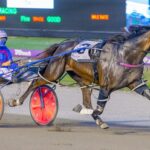
Bond Team In Good Shape For Fremantle Cup Attack

Nicoll Plots Leading Path In Diggers Cup
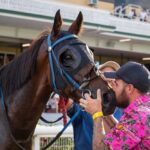
Tin Chooks Answers The Questions
Latest Publications

THE RACES WA MAGAZINE


